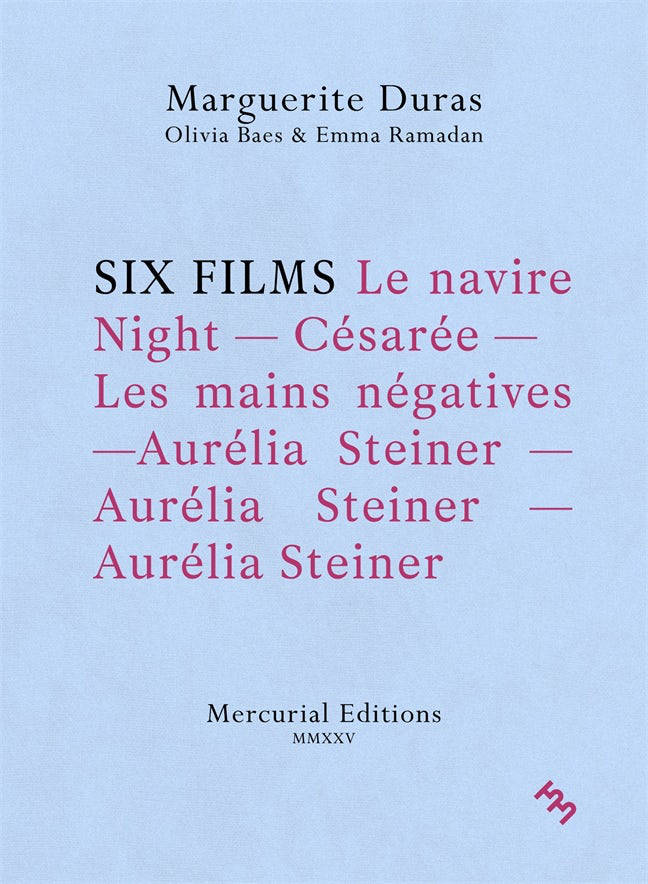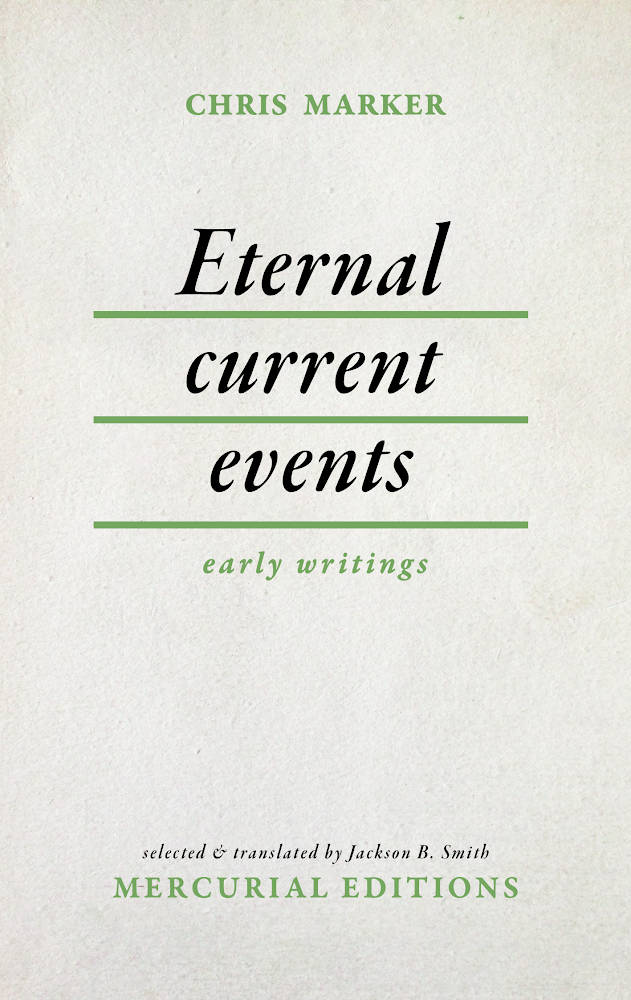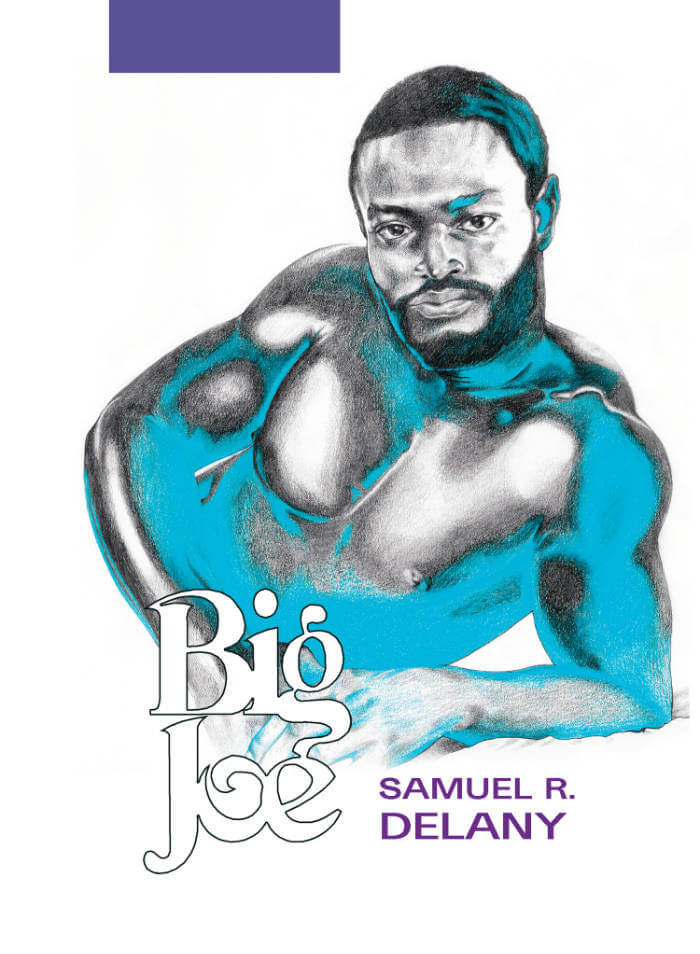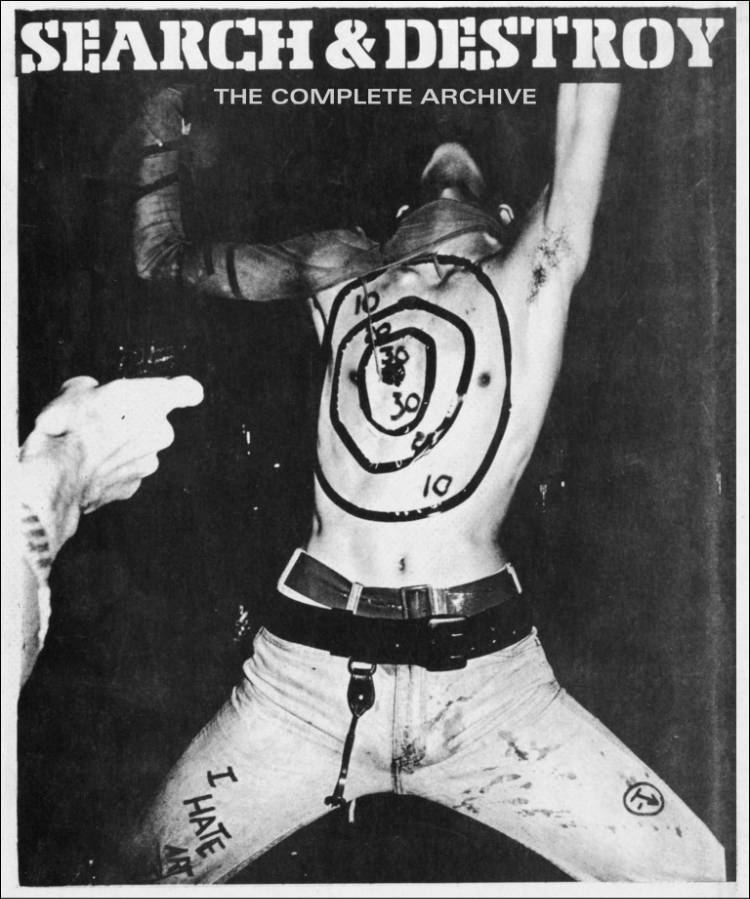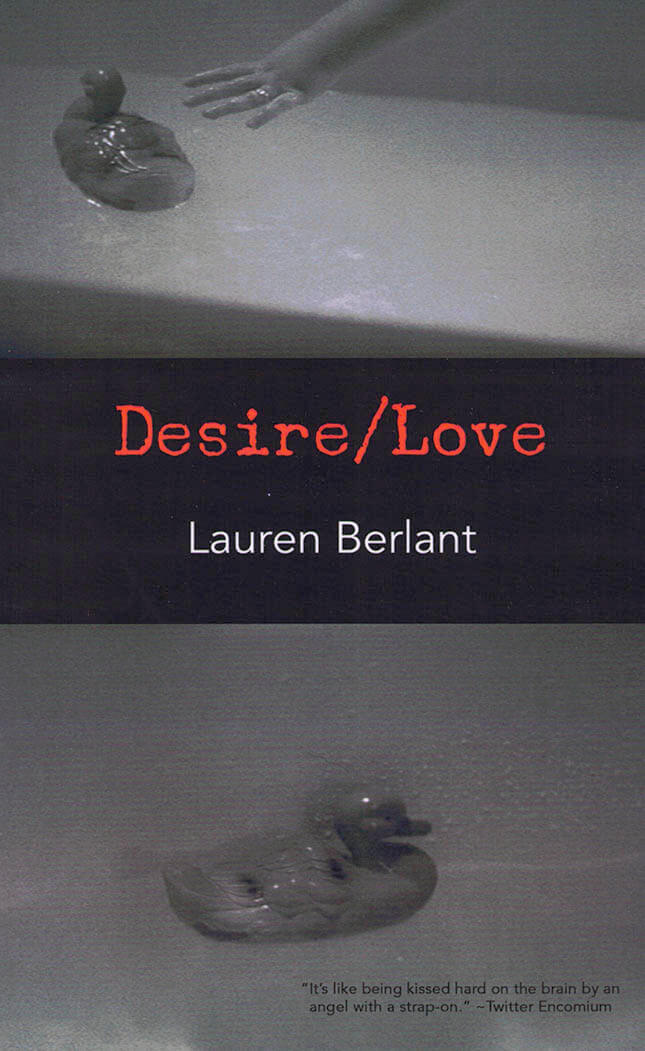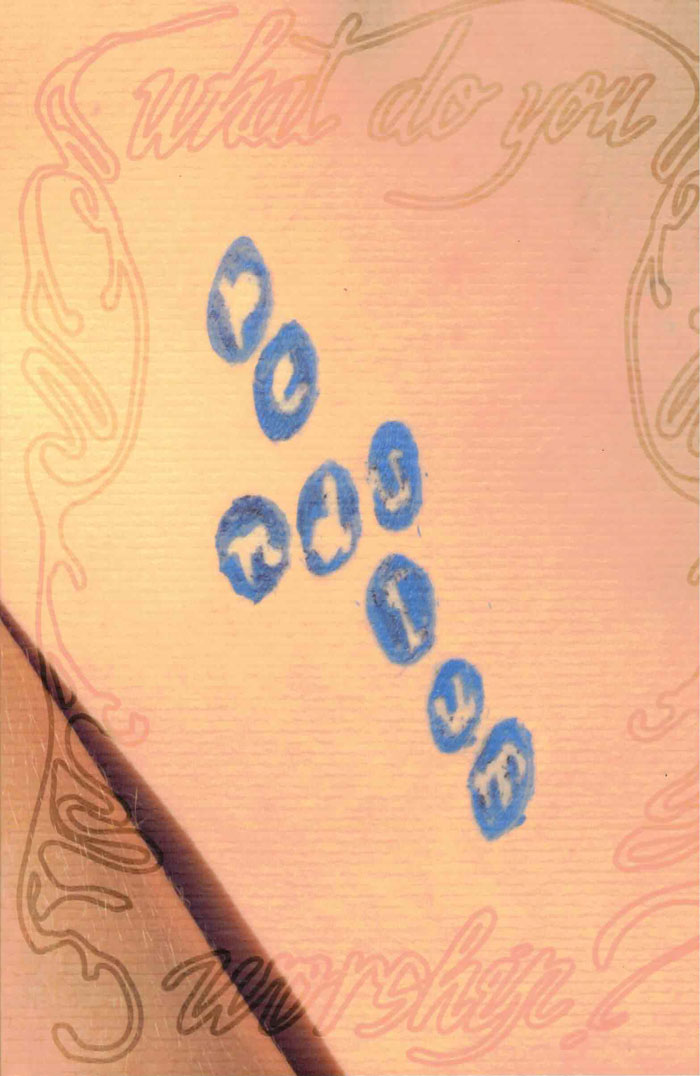
Dust
Cactus erotica. Dykes taking T erotica. Handmade rope erotica.
Tangentially alien erotica. Clit long like laffy taffy erotica. Death erotica.
In L.A. Warman's anti-sequel to her award-winning debut Whore Foods, two anonymous lovers traverse the vast and lonely desert which has blighted most of the continent. In their possession is the gift of the Vapors, a mystical substance which allows them to transcend death. Yet as they explore the desert realm and each other, they cannot help but wonder if their entwined destiny resides somewhere beyond transcendence.
LA Warman is a poet, performer, and teacher currently based in New York City. Warman is the author of Whore Foods, an erotic novella which recieved a Lambda Literary Award in 2020. She is the founder of Warman School, a non-accredited and body based learning center. The Warman School has taught over 500 students online and in person. She teaches topics such as erotics, death, depression, and god. Pitchfork named her piece ADMSDP one of the top 100 songs of 2020. She has had performance and installation work in shows at MOCA Cleveland, ICA Philadelphia, Time-Based Art Festival, Poetry Project, and Open Engagement. Warman has presented performative poetics research at Brown University, Hamilton College, Reed College, Hampshire College, and others. She is a founding organizer of the Free Ashley Now survivor defense campaign.
"This book is an instant waypoint on my return to the revelation: if nothing else, my tears have a place where they belong—mixed into the dust of others." — Wilmer Wilson IV
